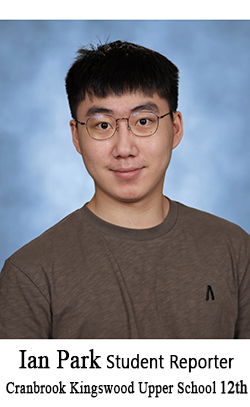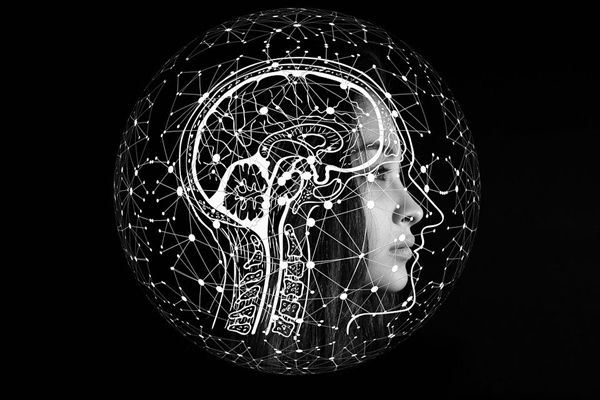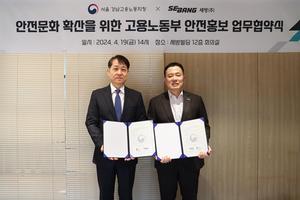 |
Artificial intelligence (AI) has been in existence for more than sixty years, and it is no wonder that its application in the field of books and music has attracted a great deal of attention. These fields are regarded as ones that require creativity from humans, which is generally considered impossible for AI. However, with the rapid development of algorithms and increased availability of data, AI has made significant advances that enabled it to mimic creativity.
There are already several AI systems that have been developed specifically to compose music, being able to generate original music in a variety of styles and genres. These systems are typically trained on large datasets of existing music, and they use machine-learning techniques to analyze the structure and patterns in music. They can generate new pieces of music by combining and manipulating these patterns in creative ways.
 |
| https://pixabay.com/illustrations/artificial-intelligence-brain-4389372 |
While generated pieces of music can be interesting and pleasing to listen to, it is important to note that it is still limited in its ability to truly create original, innovative works of art. AI systems currently cannot experience emotions or draw on personal experiences and influences in the same way that a human composer can, in which the creative process is highly individual and subjective.
However, this leads to problems like ownership. There is debate about who should own the rights to AI-generated music and how it should be credited. Some argue that the creators of the AI system should be credited as the creators of the music, while others argue that the music should be considered a collaborative work between the AI system and its human creators. Furthermore, AI-based music is generated based on patterns and structures that have been learned from existing music, those would lack uniqueness and individual expression. With repetitive compositions being filled in the composition market, the efforts of the real composers would be disrespected. Thus, this has hindered the acceptance of using artificial intelligence to compose original pieces of music.
박이안 강남포스트 학생기자 webmaster@ignnews.kr
<저작권자 © 강남포스트, 무단 전재 및 재배포 금지>

 고용노동부 강남지청-세방(주), 안전문화 확산 위한 업무협약 체결
고용노동부 강남지청-세방(주), 안전문화 확산 위한 업무협약 체결


